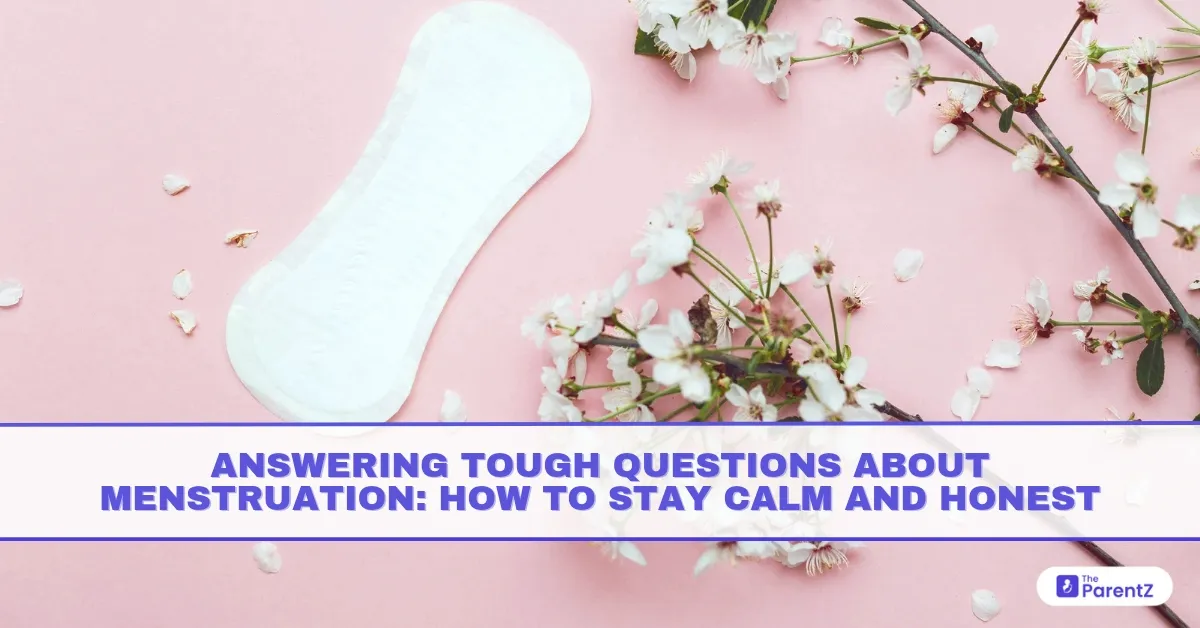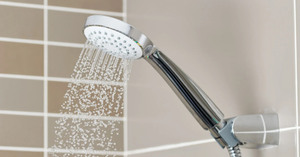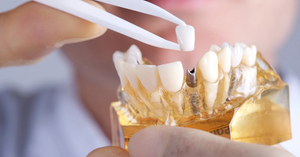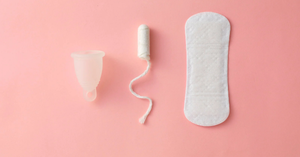Gone are the days when menstruation was a hushed topic. Today, with increasing awareness and social media discussions, girls are asking tough questions about periods questions that challenge societal taboos. As a parent, you might feel uncomfortable or unsure about how to respond, but the right approach can create a safe space for open conversations.
The Toughest Questions About Menstruation (And How to Answer Them)
1. Why do only girls get periods?
Answer: “Girls have a special part inside called a uterus, which prepares for a baby every month. If there’s no baby, the uterus cleans itself, which is what we call a period. Boys don’t have a uterus, so they don’t have periods.”
2. Is menstruation dirty?
Answer: “No, menstruation is a natural body process, just like sweating or digestion. It’s a way for the body to stay healthy and prepare for the future.”
3. Why can’t I go to the temple or touch pickles when on my period?
Answer: “There is no scientific reason behind these beliefs. Menstruation does not make a person impure. It’s just a myth passed down through generations.”
4. Do boys also have a cycle like girls?
Answer: “Boys don’t get periods, but their bodies go through hormonal changes too, just in a different way.”
5. What happens if I don’t get my period?
Answer: “It’s normal for periods to be irregular, especially in the first few years. However, if you don’t get your period for several months, we should visit a doctor to check if everything is okay.”
6. What if I get my period at school and stain my clothes?
Answer: “First, don’t panic! You can tie a sweater around your waist, ask a teacher for help, or call a friend. It happens to many people, and it’s nothing to be ashamed of.”
7. Can I get pregnant during my period?
Answer: “It’s rare, but possible. While most girls don’t ovulate during their period, sperm can live inside the body for a few days, making pregnancy possible in some cases.”
Recent Trends: How Menstrual Awareness Is Growing Worldwide
According to Famous Websites and Research Studies:
• UNICEF & UNESCO (2024): More schools now provide menstrual education in primary grades, reducing period stigma.
• Period.org (2023): Over 60% of Gen Z girls openly talk about their periods, compared to just 20% in the early 2000s.
• BBC Health (2024): Google searches for “menstruation myths” have surged by 85% in the past three years, showing an increase in awareness.
• India’s National Family Health Survey (2023): Awareness about periods among Indian girls has increased from 30% in 2010 to 71% in 2023, showing a positive shift.
How Girls and Parents Are Asking Tougher Questions Than Ever
• Young girls are challenging social taboos and asking why period leave is not widely accepted at workplaces.
• Parents are being questioned about gender inequality in menstrual conversations, as to why boys are not taught about periods as much as girls.
• Schools are seeing increased demand for better hygiene facilities and free period products.
How Parents Can Stay Calm and Honest While Answering
1. Normalise the Conversation
• Speak about periods in the same way you talk about brushing teeth or eating healthy.
• Avoid whispering or using euphemisms like “Aunt Flo” or “that time of the month.”
2. Be a Safe Space
• Let your child know that no question is too weird or embarrassing.
• Use scientific and simple language that is easy to understand.
3. Acknowledge Your Own Discomfort (If Any)
• If you feel awkward, it’s okay to say, “I wasn’t taught much about this growing up, but I’m happy to learn and talk with you.”
4. Use Age-Appropriate Explanations
• Younger children (4-7 years): “A period is like a monthly clean-up inside the body.”
• Pre-teens (8-12 years): “Periods happen because the body gets ready for a baby, even if you’re not planning for one now.”
• Teenagers (13+ years): “Periods are part of a larger cycle involving hormones, ovulation, and reproduction.”
5. Encourage Questions and Ongoing Conversations
• Say, “If you ever have more questions, you can always ask me.”
• Share personal experiences if comfortable—“When I got my first period, I was also nervous, but I learned to manage it.”
Building a Strong Foundation for Open Communication
Teach Period Positivity Early
• Let children know that menstruation is a sign of a healthy body, not something to hide.
Include Boys in the Conversation
• Teach boys about periods so they grow up respecting and supporting menstruating individuals.
Equip Your Child With Practical Knowledge
• Show them how to use a pad, tampon, or menstrual cup.
• Teach them how to track their cycle using apps or a calendar.
Break the Stigma at School and Home
• Support menstrual education in schools.
• Encourage discussions in family settings, so periods are seen as normal.
Conclusion: Answering With Confidence and Care
Menstruation should not be a source of embarrassment—it’s a natural, healthy process. By answering your child’s toughest questions with calmness, honesty, and openness, you help them develop a positive and informed attitude towards periods.








Be the first one to comment on this story.